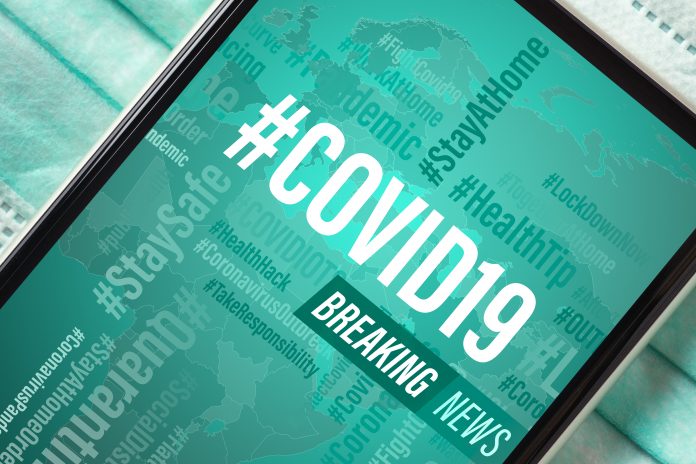Joe Dos Santos, Chief Data Officer, Qlik, discusses why misinformation has become a public health issue and explores how it can be tackled
Over the past 12 months we have come up against two public health crises. The first, a global pandemic. The second, misinformation that has run rampant while the world has been on lockdown.
Think this sounds overdramatic? In just a few weeks, we saw widespread suspension of the Oxford/AstraZeneca vaccine across Europe following concerns over blood clots. This was despite experts such as Heidi Larson, the director of the Vaccine Confidence Project at the London School of Hygiene & Tropical Medicine stating that just 25 Europeans had developed blood clots, out of 20 million who received the AstraZeneca vaccine; a rate that is lower than what you’d normally see among unvaccinated people. The facts, it would appear, haven’t changed people’s opinions and a recent YouGov poll found that more than half of people surveyed in France, Germany and Spain now believe the Oxford/AstraZeneca coronavirus vaccine is unsafe and trust has been severely eroded.
Fake news or misinformation is not a new trend. For years, the media has been hounding Big Tech to take more responsibility for staunching the spread of misinformation on social platforms. Now, with misinformation around a vaccine that can bring the world out of a crisis, we are witnessing how its potential consequences can be even more dangerous to the public.
The fight against misinformation has been taken up a notch.
How can we defend ourselves?
There is currently no legislation or technology that can stop misinformation before it spreads. BUT there are ways to combat misinformation and they require input from all of us. We can no longer sit back and put the onus of sole responsibility on policymakers and industry leaders. We, as individuals, need to look at the role that we play in disseminating misinformation and how we can best arm ourselves with the tools to protect us and others around us.
Just as we take responsibility to maintain our health and wellbeing when it comes to smoking, drug abuse or obesity, we need to start taking more responsibility for the impact of misinformation on our health and the health of others.
Your role
Let’s consider what misinformation or fake news is and what it does. Misinformation is the manipulation of information, of data. It corrupts the facts we use to understand the world around us. It exacerbates social divides and hinders our ability to make the best decisions for our families, our businesses, and our communities.
So, what if we consider how the skills that help people understand and use data effectively could be applied to the issues of misinformation? What if individuals start to interrogate information in the same way they might review data when at work? What if the principles underpinning data science were applied to tackling misinformation?
The key is working directly with individuals, businesses and the wider community to help restore the integrity of information.
Encouragingly, when it comes to individuals, research shows that there is a desire to upskill to make a positive difference. We now need to make sure that they have access to the tools that will help them question and challenge the information they’re given, helping them to discerningly seek the truth behind a story and support others when misinformation takes hold.
From a community perspective, we are suffering from no longer having a “baseline reality”. We are operating in competing realities that have created deep rifts in global communities. The Oxford/Astra Zeneca vaccine story is a perfect example of this. Scattered reports in the media sent countries across the world into a tailspin. A handful of unsubstantiated reports lacking in contextualized facts disrupted the global vaccine rollout; some paused, some continued on as before, and others ceased using it altogether.
Misinformation and disinformation are weakening the bonds we build in our communities, so they need help in making sense of and communicating complex information to help restore these bonds.
With the lines between our work and personal lives increasingly blurring, it’s impossible for outside influences not to affect the way we work. Misinformation manifests in various ways within a business, for example, unconscious bias or rumours started to influence share price. Data literacy skills developed within the work environments can help reduce misinformation both in and out of the organization. It makes sense therefore for employers to combine upskilling their teams’ data literacy with tackling misinformation, particularly as businesses can suffer from fake news as much as any organization.
Become information empowered
The key point I would like you to take away from this piece is that the ability to silence misinformation is about personal empowerment. We want to give people, and the communities that they live in, the tools so that they can see misinformation and know how to respond; to challenge such instances in a positive and constructive way.
The climate of misinformation is creating universal mistrust in data. We need to put a stop to this, together. Through education, we need to help people better understand, question and communicate with data.
Our health depends on it.











